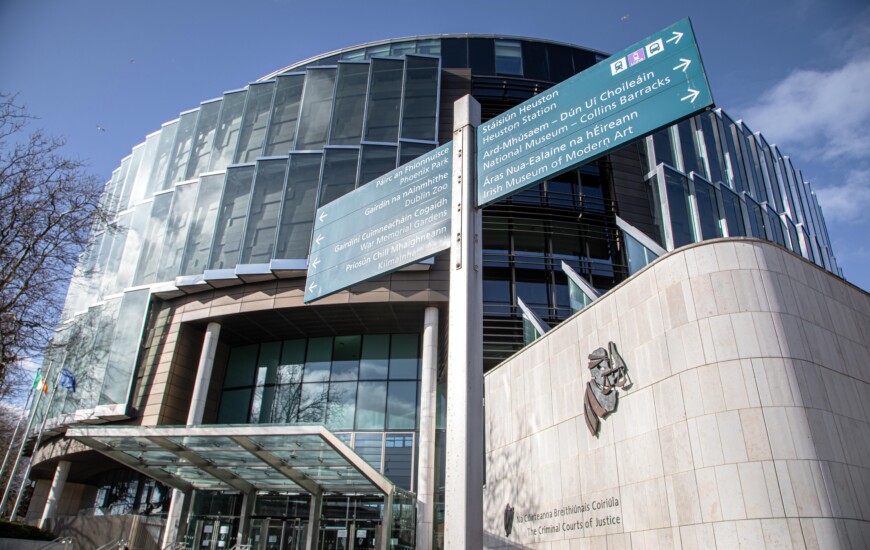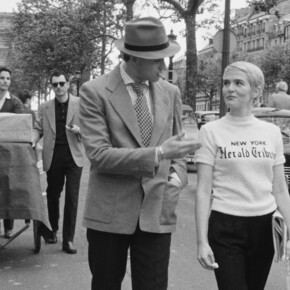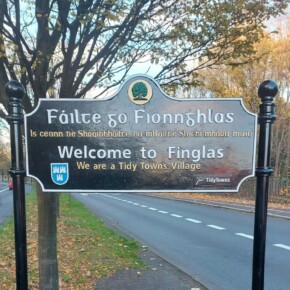Jury retires to consider verdict in trial of garda accused of assaulting teenager in Dublin City Centre
Dublin People 23 Jul 2025
By Eimear Dodd
The jury in the trial of a garda accused of assaulting a teenager in Temple Bar over four years ago is due to begin its deliberations today.
Lorcan Murphy (32) of Pearse Street Garda Station has pleaded not guilty to two counts of assault causing harm under section 3 of the Non-Fatal Offences Against the Person Act, 1997.
The assaults on the then 17-year-old are alleged to have taken place on Essex Street, Dublin 2 and Pearse Street Garda Station on June 1, 2021.
The jury is expected to begin its deliberations today after hearing closing speeches yesterday and the directions of Judge Pauline Codd.
Earlier, Justin McQuade BL, defending, told the jury in his closing speech that his client had to have an honest belief in the necessity to use force, even if it is mistaken, for the defence of justifiable use of force to be available.
He noted that there is no suggestion that the initial use of force during the arrest of the complainant, when he was put in handcuffs, was excessive.
Mr McQuade suggested the jury may wish to put “significant weight” on this, then ask how “did we get from honest belief to absence of honest belief in a short period of time”.
“I don’t think we can,” counsel continued, suggesting it was a “contrivance by the prosecution” which was not grounded in the real world.
He told jurors that the law requires them “to stand in the shoes of Garda Murphy and view the situation that unfolded through the circumstances he believed them to be”.
Mr McQuade asked the jury to consider the role played by uniformed services, such as An Garda Siochana, suggesting that society “may have lost some sight on what people in uniform do for us”.
He noted that frontline policing can be messy but “is done on behalf of everyone in this room”.
“People in uniform are expected, not invited, to take a step forward,” he said, telling the jury that an issue in this trial is “honest belief even if it is mistaken in the heat of the moment”.
He asked the jury to look at the surrounding circumstances of that day as his client believed them to be and pointed out that members of An Garda Siochana are required to make split-second decisions without an “action replay”.
He said the force used was a leg sweep and it was an “unfortunate secondary impact” when the complainant hit his head on the ground, adding that his client “did not have the luxury of picking a softer landing point”.
Mr McQuade said it is regrettable that the complainant sustained injuries, which thankfully were not life-altering. He said the fact that the complainant suffered injuries does not mean that his client used excessive force.
Mr McQuade suggested that if gardai are going to be criminalised for using force, they may be slower to use it in the future and that benefits no one.
“Force is necessary in society to protect citizens from those with criminal intent,” he suggested.
He noted that his client and the complainant had never met and asked jurors to consider Mr Murphy’s instincts about the complainant.
He added that the complainant’s convictions were outlined “not to blacken” his character but to allow for an assessment of his client’s instincts.
Defence counsel suggested jurors consider the credibility of the complainant when deciding if his screams at the garda station were genuine, noting the defence say these were a “contrivance”.
He said his client used techniques he was trained in both on Essex Street and in Pearse Street Garda Sation.
Prosecuting counsel, John Gallagher BL, told the jury in his closing speech that it is accepted that the complainant was “deserving of garda attention” that day and no issue is taken with his initial arrest.
He said the prosecution’s case is that the leg sweep of the complainant while he was in handcuffs and the subsequent impact of his head on the ground amounts to an assault causing harm.
Mr Gallagher suggested that the complainant was subjected to “disproportionate and excessive force”, which resulted in a fractured skull and a bleed to the brain
Mr Gallagher noted that the complainant’s convictions are not to his credit, but “could not have had any impact on the accused man’s decision-making” on the day since they were strangers to each other.
He said the prosecution also say that pulling the complainant’s head backwards using his hair in Pearse Street Garda Station then applying force to his chest or his sternum is also an assault, which caused harm in the form of immediate pain.
He said the complainant was a minor who was handcuffed and awaiting medical attention at this time.
Mr Gallagher told jurors an issue in this case is whether the level of force used was reasonable.
He said the prosecution say the level of force used to bring the complainant to the ground after his initial arrest was not reasonable, inherently dangerous and likely to cause injury to the complainant.
He told jurors they must consider Mr Murphy’s statements, and if he held an honest belief that the complainant was about to abscond or had concerns about the crowd when he brought him to the ground after his initial arrest.
Counsel suggested the jury must consider Mr Murphy’s statement about the alleged assault at the garda station that he was providing medical attention to the complainant or if the intention was to get his attention to ask a question.
He submitted that Mr Murphy’s “insistence” that the complainant did not lose consciousness suggests his account was “self-serving” and “sought to minimise the effects of his conduct”.
The jury also heard that an enhanced image of the leg sweep was not available to GSOC until October 2024.
The trial continues.











